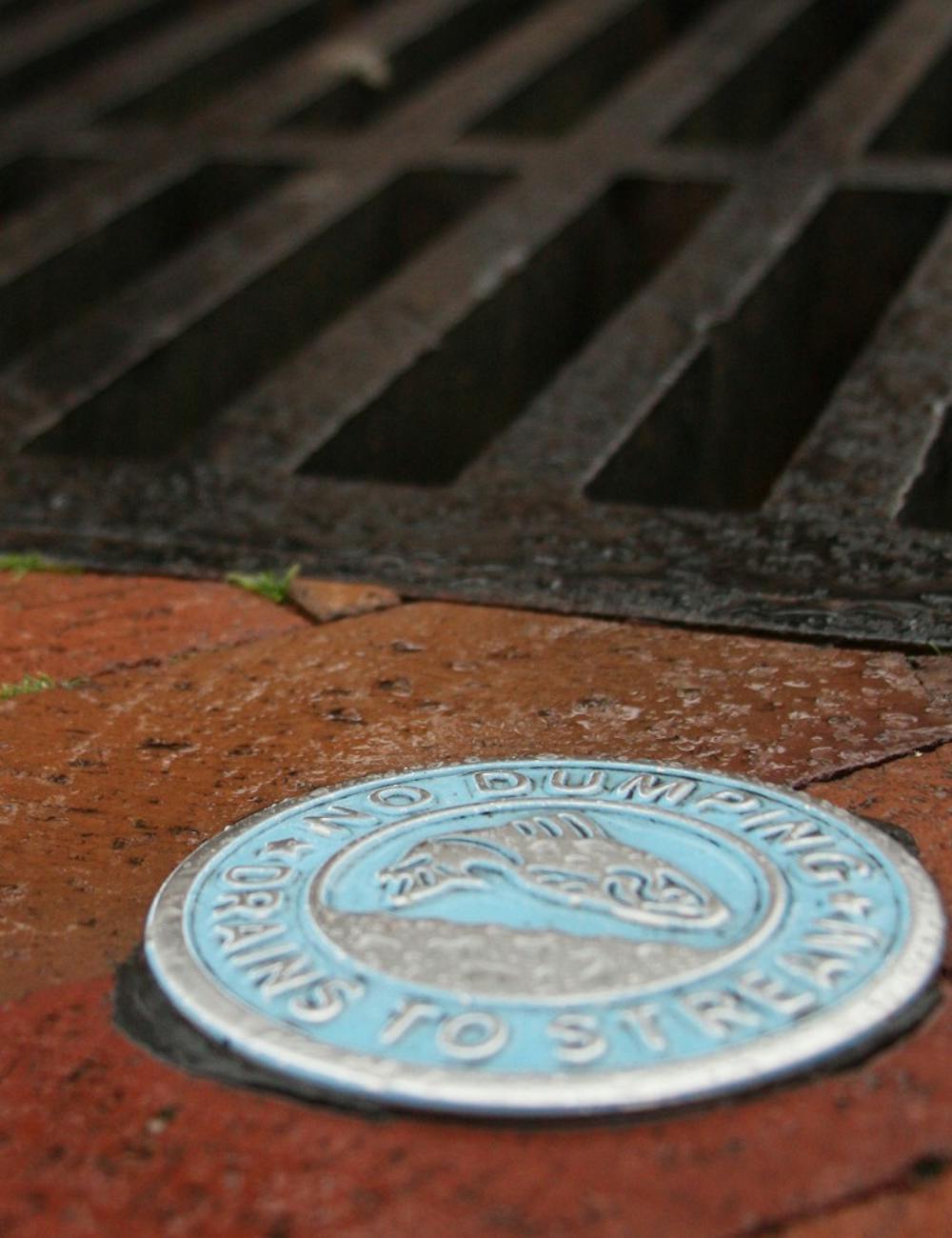Local development might bring more money to Chapel Hill’s economy, but it also brings more pollution to its streams — a problem residents and scholars are working to address.
Environmentalists will hold a workshop Saturday to address water quality issues in the area and discuss how Chapel Hill 2020, a comprehensive plan meant to guide future growth, can work to solve them.
Julie McClintock, the president of Friends of Bolin Creek, said development makes pollution from storm drains worse.
And Michele Drostin, who works with the UNC Institute for the Environment, said pollutants like car fluids that stay on paved surfaces are washed into storm drains when it rains.
As more surfaces become paved, there is less ground for the storm water to soak into and more polluted water reaches streams.
“Storm drains drain directly into the nearest stream,” Drostin said. “A lot of people think that water goes to the waste water treatment plant, but it does not.”
Chemicals are not the only problem, as yard soil, leaf matter and other natural materials are also harmful, Drostin said.
“Way too much of that soil and organic matter getting into the stream can affect water quality and aquatic habitat,” she said.
McClintock said development can continue — it just needs to be approached carefully.



